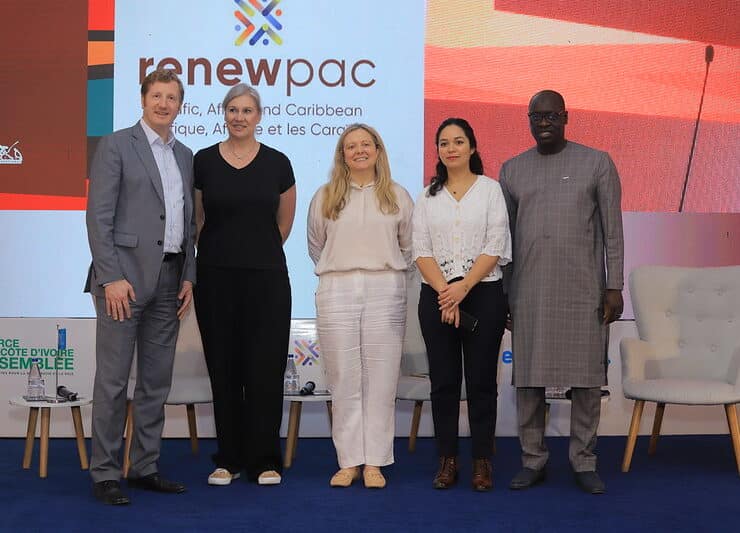The African Continental Free Trade Area (AfCFTA) has already made strides in reducing tariffs and improving regional trade flows, but deeper integration is still needed. Regulatory frameworks across investment policies, competition laws, and data protection remain inconsistent, making cross-border trade inefficient. Europe has already played a role in facilitating technical assistance and regulatory reforms to support this economic integration, but there is room to do more. For example, the development of a Pan-African Digital Identity System, modeled after the European Digital Identity framework, could significantly streamline trade, financial transactions, and cross-border business operations.

